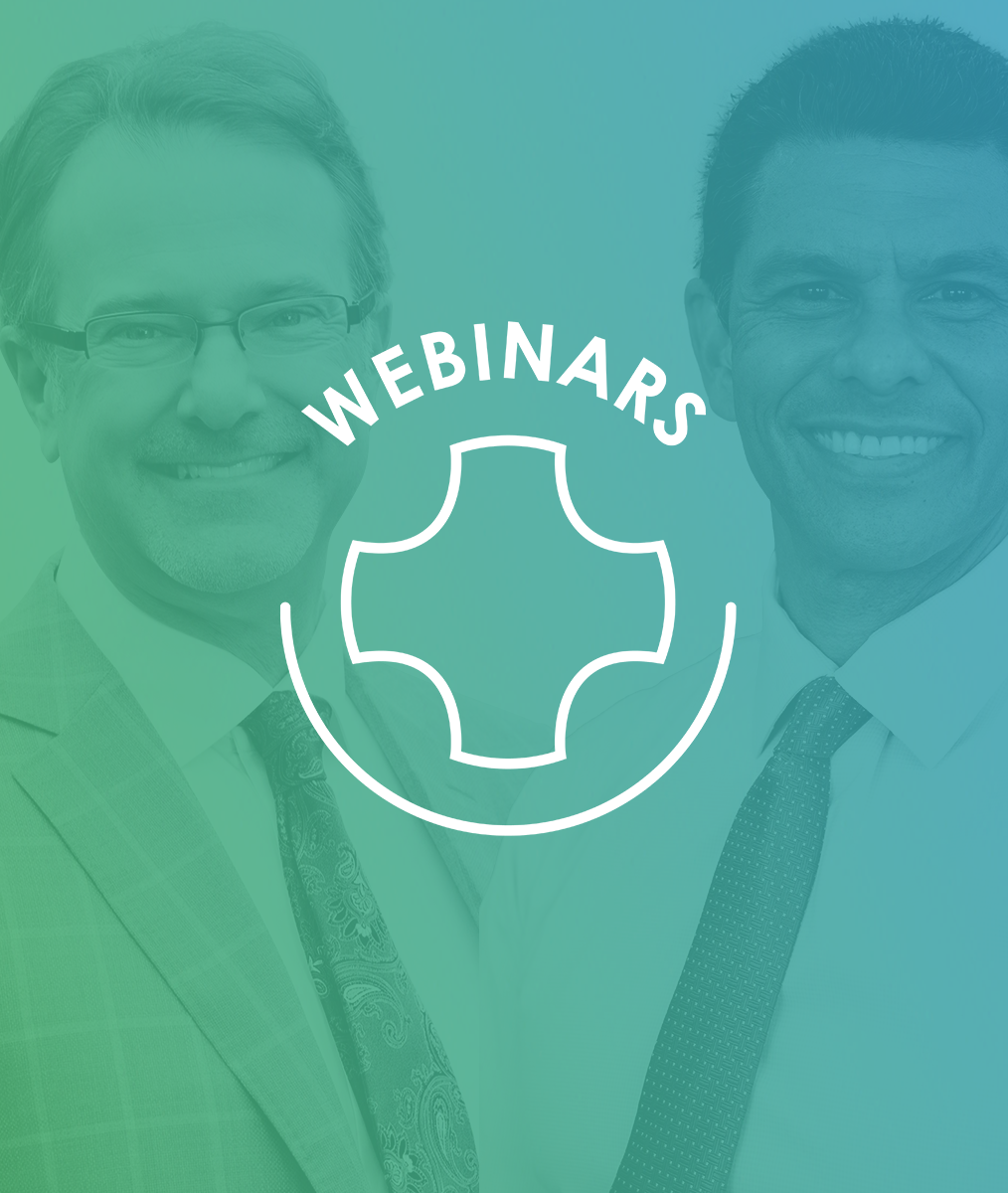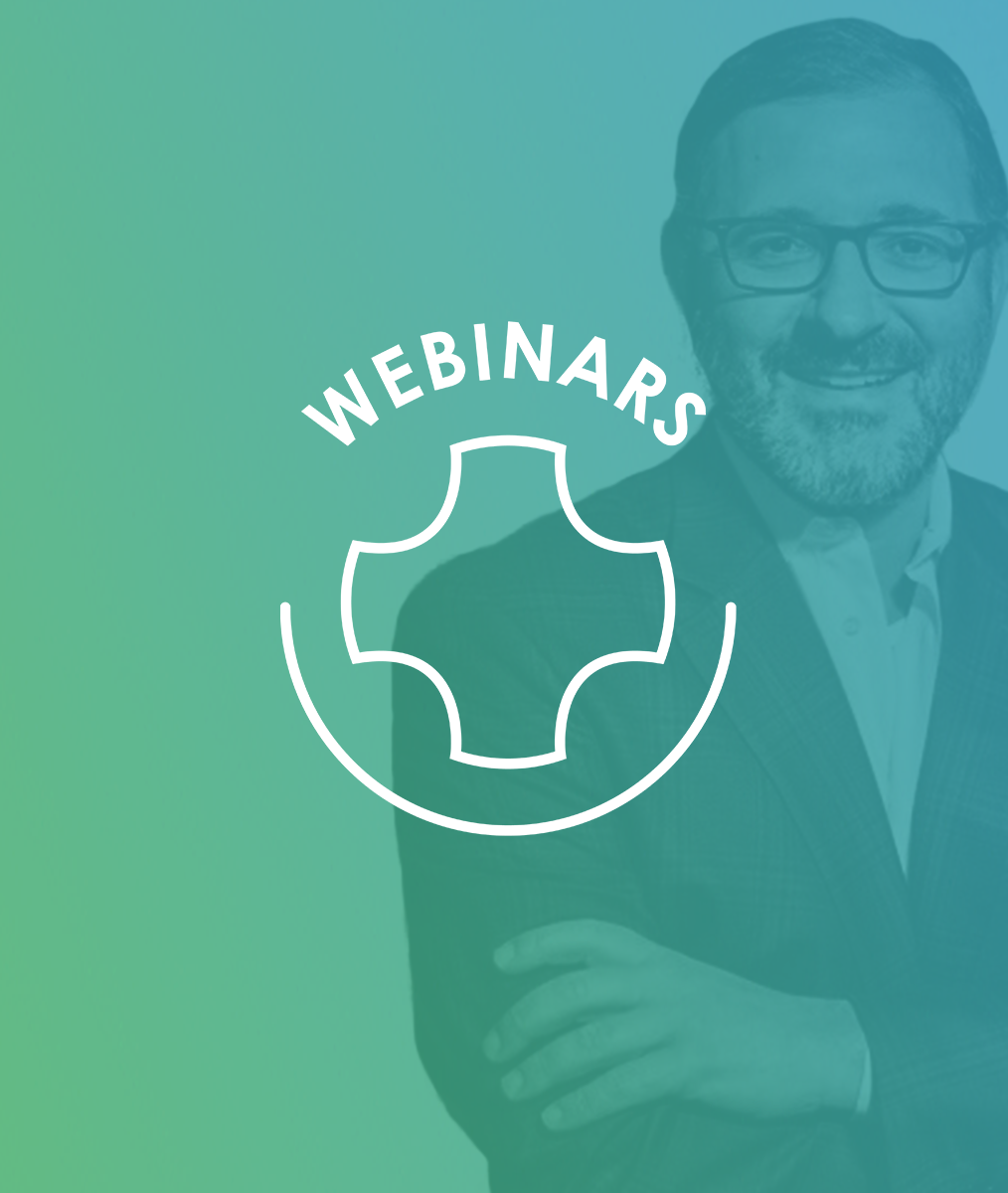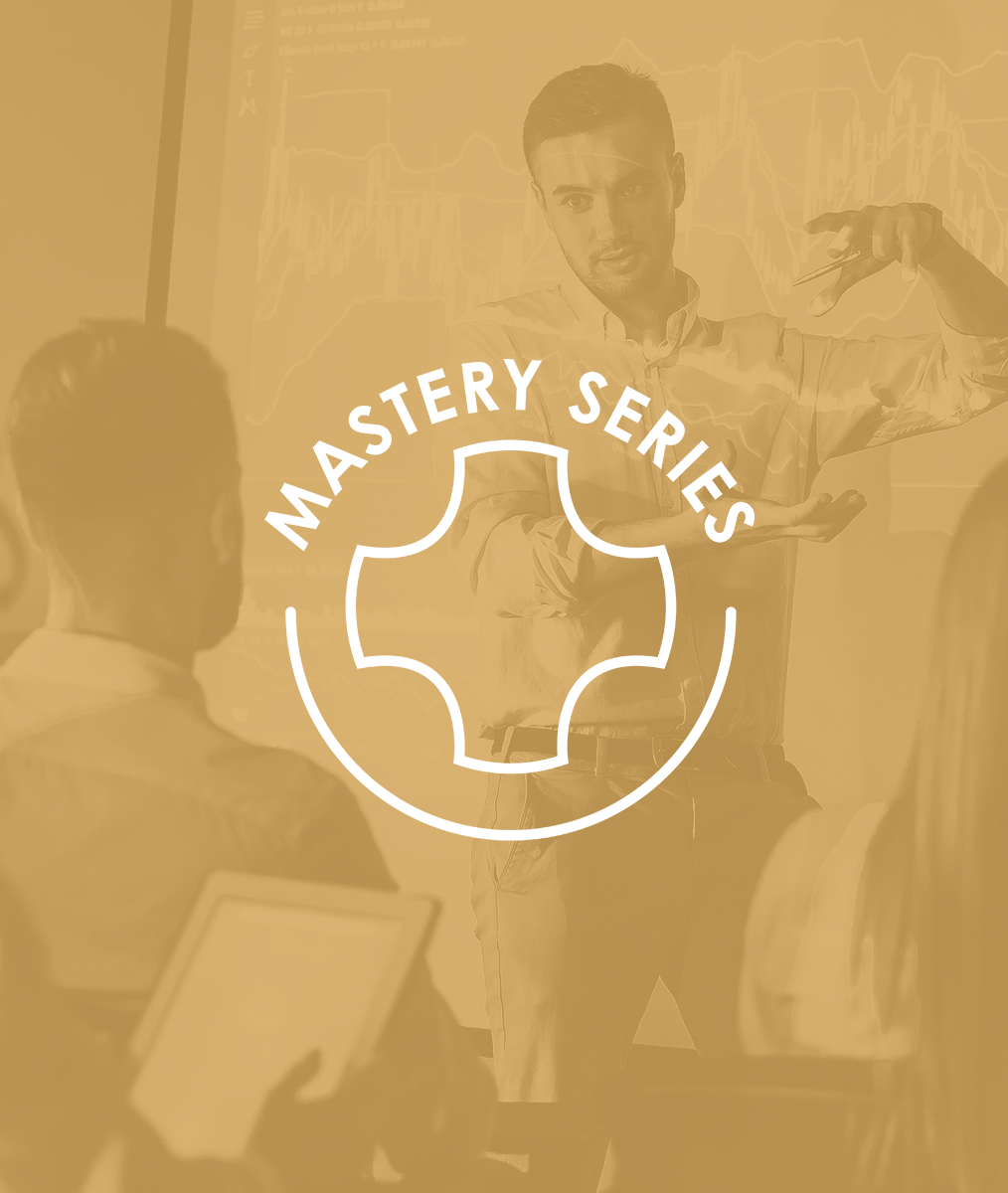Effective Strategies for Managing Transition in Your Dental Practice (Part 2)
By Edwin “Mac” McDonald DDS
Effective management during transitions directly impacts overall success. By implementing these strategies, you’ll lead your dental practice through change more smoothly. In Part 1 of this series, I described Phase One: The Ending Zone, the time during which your team is feeling the loss of the familiar and coping with uncertainty. In Part 1, I also listed communication strategies to help them cope. Let’s look at what is likely to happen as you and your team continue to transition through change.
Phase Two: The Neutral Zone
During this transition phase known as the “Neutral Zone” or “Chaos Zone,” team members grapple with the loss of the old ways and the unfamiliarity of the new. Competency levels vary, and individuals may feel consciously incompetent or consciously competent. What do I mean by that?
Some may feel they now know what they didn’t about the change and understand the value of it. They are ready to navigate the change emotionally. Others may feel they are starting to “get it” and deal with it. And others have become champions of the change and model confident competence in making the transition. Others will still experience confusion, stress, doubt or skepticism. This is when leaders need to step up and put on an encourager and coaching hat.
Strategies for Managing this Phase
- Discuss Strengths Utilizations: Encourage team members to identify how the change allows them to use their strengths differently and explore new opportunities.
- Open Conversations: Lead them in conversation and empower them to create solutions as issues of the transition arise. Foster teamwork and purpose as you converse with them, so they feel vital to the practice. Encourage them to talk among themselves and lean on one another as a team because you want to retain that team. Express your appreciation for them navigating and embracing the change. You can take them outside of the office for a social meal that does not feel formal and they can feel connected even outside the office.
- Provide Support: They will feel the need for information in order to feel secure. Ensure communication networks are open. Bringing in a transitions coach helps. Consider what HR resources you can make available to support individuals during this challenging phase.
Remember, effective management during transitions directly impacts overall success. By implementing these strategies, you’ll lead your dental practice through change more smoothly.
Related Course
Creating Financial Freedom
DATE: March 6 2025 @ 8:00 am - March 8 2025 @ 2:00 pmLocation: The Pankey Institute
CE HOURS: 16
Dentist Tuition: $ 2795
Single Occupancy with Ensuite Private Bath (per night): $ 345
Achieving Financial Freedom is Within Your Reach! Would you like to have less fear, confusion and/or frustration around any aspect of working with money in your life, work, or when…
Learn More>



















